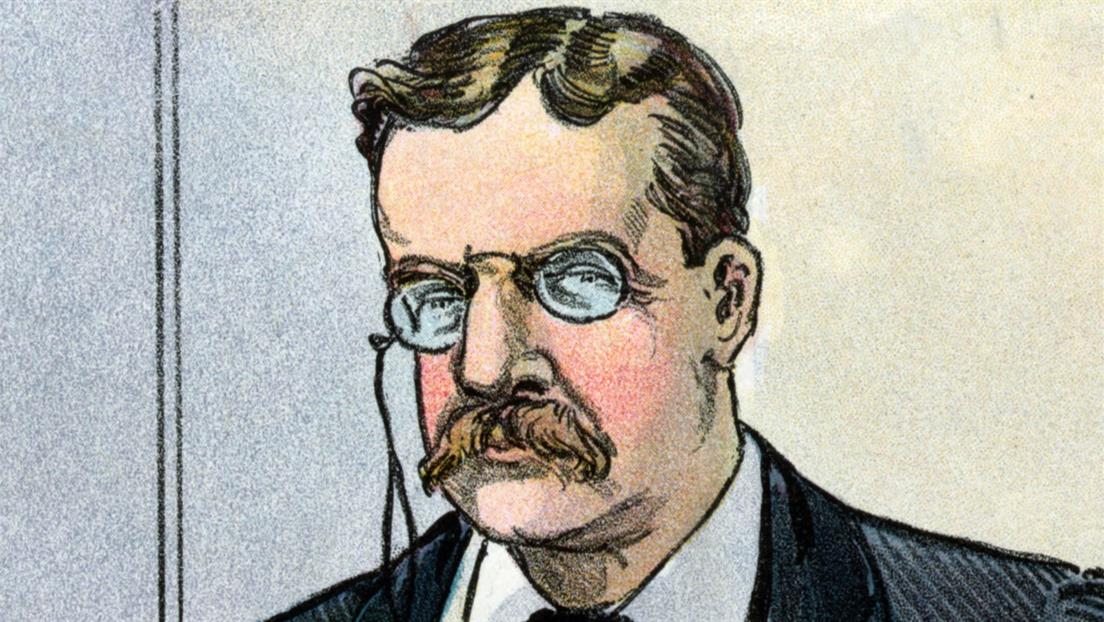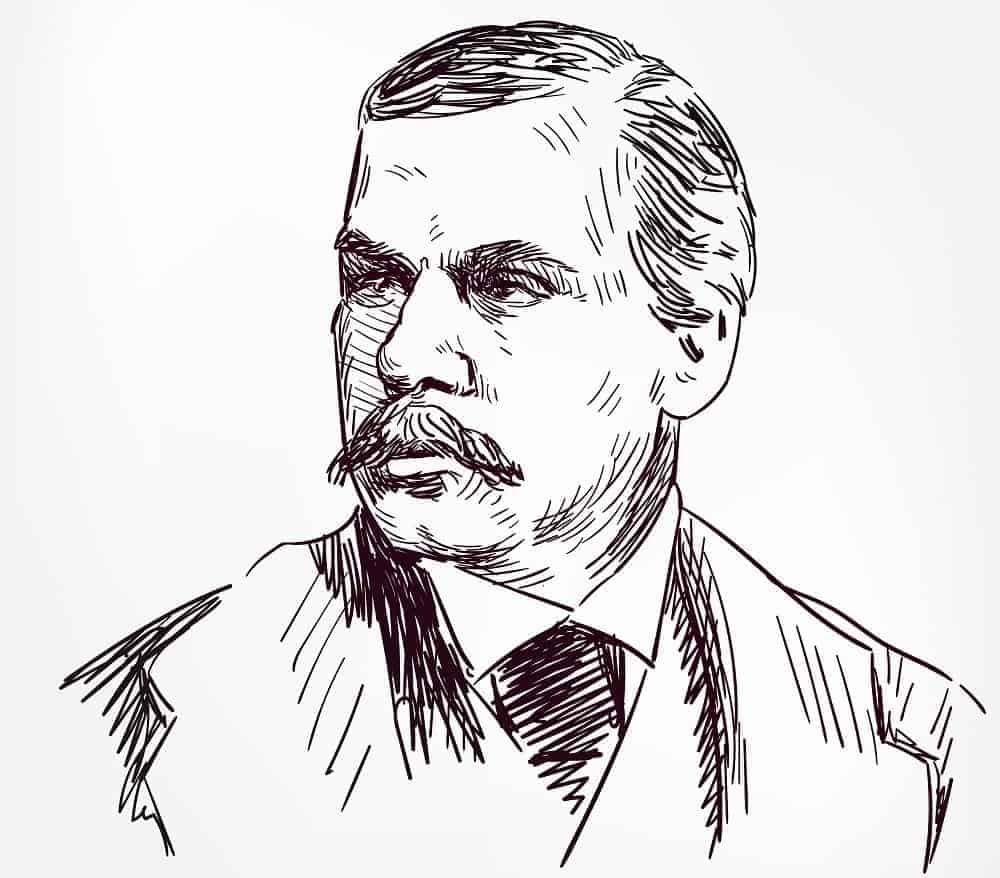
1: A Legacy Begins
In the bustling city of Hartford, Connecticut, on April 17, 1837, John Pierpont Morgan was born into a world on the brink of transformation. Little did anyone know that this child would grow up to become one of the most influential figures in American history.
Young J.P., as he was often called, displayed remarkable intelligence and curiosity from an early age. His father, Junius Spencer Morgan, was a successful banker and financier who recognized his son’s potential. Junius ensured J.P. received the best education, and as he matured, it became clear that the world of finance was his true calling.
2: The Wall Street Titan
By the late 19th century, Wall Street was a chaotic and unpredictable place. However, J.P. Morgan had a knack for seeing order in the chaos. He founded J.P. Morgan & Co. in 1871, which would later become J.P. Morgan Chase, one of the largest and most powerful financial institutions in the world.
Morgan’s genius lay in his ability to reorganize struggling companies and stabilize the markets. He was instrumental in restructuring the American railway system, forging the United States Steel Corporation, and bailing out the government during the Panic of 1907. His influence was so profound that he was often referred to as the “Napoleon of Wall Street.”
3: The Art of Deal-Making
J.P. Morgan was a masterful negotiator, and his deals were legendary. One of his most famous feats was the merger of General Electric and Westinghouse Electric in 1892, which created a corporate behemoth that dominated the electrical industry.
Another iconic moment was his intervention in the financial crisis of 1895 when he single-handedly rescued the U.S. government from a gold shortage by organizing a syndicate of bankers to purchase government bonds. His actions saved the economy from collapse and solidified his reputation as the most powerful financier in the nation.
4: Building an Empire
Morgan’s influence extended far beyond Wall Street. He had a profound impact on the development of American industry. He financed the creation of major corporations such as AT&T, International Harvester, and U.S. Steel. His financial support for these giants allowed them to grow and dominate their respective industries.
As his wealth and power grew, so did his circle of influence. He counted among his friends and associates some of the most influential figures of his time, including Theodore Roosevelt and Thomas Edison.
5: The Great Library and Philanthropy
While often portrayed as ruthless and profit-driven, J.P. Morgan had a softer side. He had a deep appreciation for art, literature, and culture. In 1902, he began collecting rare books, manuscripts, and art, which eventually led to the establishment of the Morgan Library & Museum in New York City. Today, it remains a testament to his love of knowledge and culture.
Morgan was also a notable philanthropist. He donated vast sums to educational and cultural institutions, including Harvard University, the American Museum of Natural History, and the Metropolitan Museum of Art.
6: The Legacy
On March 31, 1913, J.P. Morgan passed away, leaving behind a legacy that would shape American finance for generations to come. His influence on Wall Street, industry, and culture was immeasurable. The banking empire he built continues to thrive, and his name is synonymous with wealth, power, and influence.
J.P. Morgan: The Man Who Owned America was a figure of contradictions—a ruthless financier and a lover of culture, a man who shaped the course of American history. His life serves as a testament to the power of one individual to leave an indelible mark on the world.



